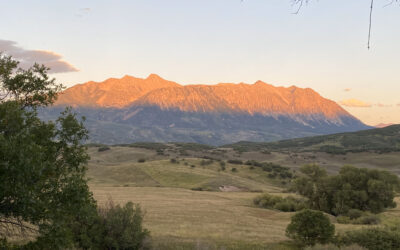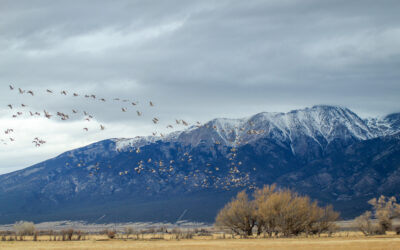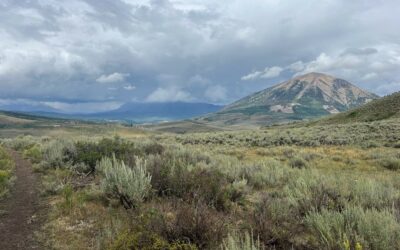What We Do
Colorado Open Lands believes that Colorado’s lands and waters are critically important to our unmatched quality of life. Our work is dedicated to ensuring their continued preservation for future generations. Our conservation successes to date include:
680,012
Acres of land
705
Projects
50
Counties
3,195
miles of waterways
Latest News
Permanently Protected – Aspen Leaf Ranch!
The 984-acre Aspen Leaf Ranch is located 16 miles northeast of Paonia near the North Fork of the Gunnison River. This ranch was once part of a larger family-owned agricultural operation that was split among various family members. All members have worked with COL to...
Permanently Protected – prime sandhill crane habitat!
Colorado Open Lands is excited to announce that we have protected nearly 1,500 acres in Costilla County in partnership with local landowners. The ranch consists of irrigated meadows and grazing land, and the water rights - critically important in this area - were...
Permanently Protected – TLC Ranch!
TLC Ranch is 1,236.5 acres and is located in the upper part of the Ohio Creek Valley of Gunnison County, approximately 13 miles northwest of the City of Gunnison. The ranch is managed for hay production and livestock grazing. It’s comprised of sloping hillsides and...



